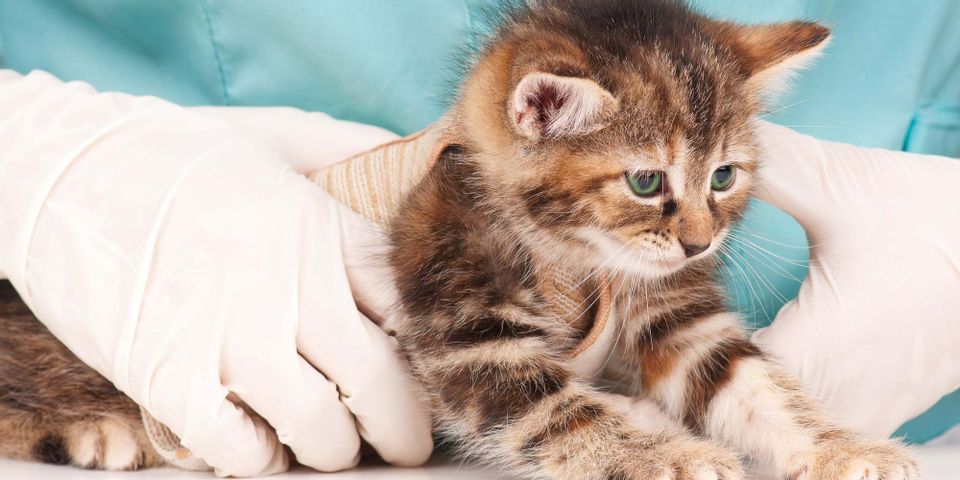Dispelling 6 Common Myths About Spaying & Neutering

Spaying and neutering are one of the most important aspects of being a responsible pet owner. Whether spaying a female or neutering a male, this simple and safe procedure keeps you and your pet free from unwanted offspring and reduces feral and shelter populations, saving animal lives. Despite the benefits, however, many people are afraid to”‘fix” their pet. Here’s a look at some common myths.
Spaying & Neutering Misconceptions
1. My Female Pet Should Have One Litter First
A common belief is that female pets will be healthier if they have one litter of kittens or puppies first. In fact, spaying before her first heat cycle will protect your pet from breast cancer and uterine infections more effectively than if you do it later.
2. Male Pets Will Lose Their “Maleness”
 Although neutering can lessen aggression and roaming behavior, the procedure will not change a male animal’s personality. Neutering protects a male from testicular cancer, and the decrease in roaming instinct lessens the chance of becoming lost or injured.
Although neutering can lessen aggression and roaming behavior, the procedure will not change a male animal’s personality. Neutering protects a male from testicular cancer, and the decrease in roaming instinct lessens the chance of becoming lost or injured.
3. The Surgery Is Risky
Spaying and neutering surgeries are routine for most veterinary clinics and are the most common surgical procedure for animals. While there’s always some risk when undergoing anesthesia, there are usually zero complications. Talk with your vet about concerns and to confirm that a pet is old enough and healthy enough for the procedure.
4. Pets Get Fat After They’re Spayed or Neutered
Sterilization itself causes no physiological response of weight gain. Most pets are spayed or neutered when they’re young and still eating puppy or kitten food. This high-protein and -calorie diet should be reduced as the pet comes to adulthood. Inappropriate food type and quantity, plus lack of exercise, are the main reasons pets gain weight.
5. My Pet Will Be Traumatized
Animals don’t hold onto painful experiences, such as surgery, in the way that humans do. While pets may come to associate trips to the vet with experiences they don’t like, your pet won’t remember or re-experience a surgical procedure. Likewise, animals don’t form the same type of mother/father bonds with their young as people. Losing the ability to reproduce will not create trauma for the animal.
6. It’s Too Expensive
Spaying and neutering are offered for free in many communities or to those with low income. The operation is less expensive than caring for an unwanted litter of puppies or kittens. Contact your vet clinic to find out about resources for low- or no-cost spay and neuter programs.
Spaying and neutering pets is a responsible, safe, and healthy thing to do. High Point Veterinary Hospital is a full-service animal hospital offering spaying/neutering, wellness care, surgery, pharmacy, boarding, and grooming. They have over 20 years of compassionate experience in the Piedmont Triad area of North Carolina, and they’ll treat your pet like family. Call (336) 889-3832 to make an appointment in High Point or visit them online to learn more about services.
About the Business
Have a question? Ask the experts!
Send your question

